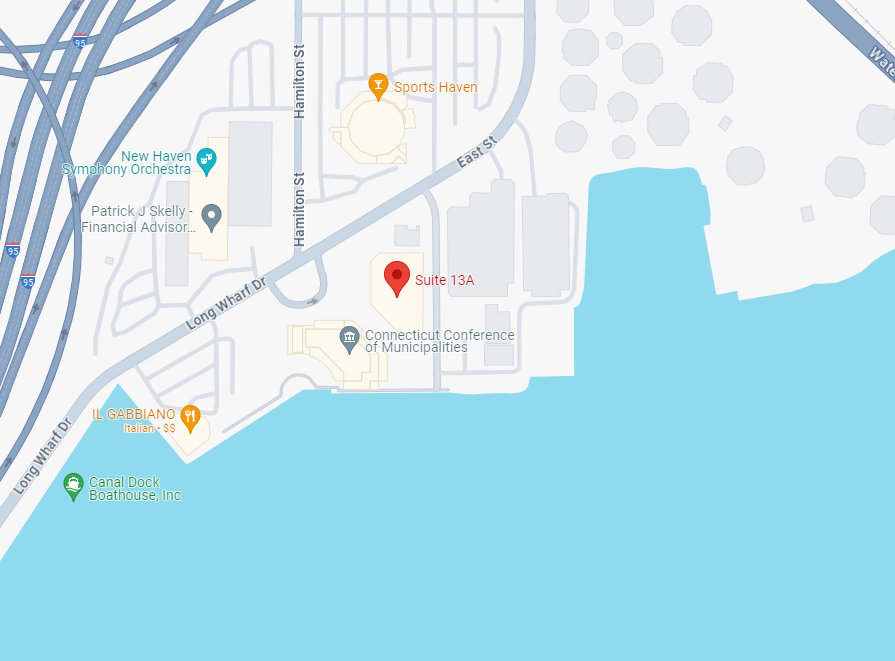If you have lost a loved one because of someone else’s negligence, you may wonder if you have a case to recover the financial losses resulting from his or her death. Fortunately, such a mechanism exists in Connecticut; it is called a wrongful death lawsuit.
You may see wrongful death lawsuits mentioned in news stories about car accidents, medical malpractice or other wrongful conduct. In a recent example, estate representatives of a man killed by police in Norwich have filed a wrongful death lawsuit against the police department. The family alleged that police acting negligently in their arrest of the man, which led to his death. As wrongful death can come up in many circumstances, it is important to have a general understanding of your rights in such a situation.
Wrongful death in Connecticut
In Connecticut, like many other states, wrongful death lawsuits are controlled by statute. In general, a lawsuit may be filed when a person’s death is caused by the neglect or wrongful act of another person, company or government entity.
Unlike other states, under the Connecticut law, a wrongful death lawsuit cannot be brought by the surviving family members, but only by a personal representative or executor of the decedent’s estate. Any damages that are recovered by the estate in the lawsuit are distributed according to the terms of the decedent’s will. If the decedent did not have a will, the damages are distributed by the intestacy laws of Connecticut-laws that control how estates are distributed in the absence of an effective will or trust.
What can be recovered?
Connecticut law concerning wrongful death lawsuits is unique because damages are determined solely from the decedent’s standpoint. Because of this, damages are measured by the decedent’s loss, not by the loss of his or her family members. As a result, no damages can be awarded for sentimental or other loss to family members.
Under the law, damages for the loss of life’s enjoyments and the decedent’s earning capacity may be recovered by the executor or personal representative. In addition, the decedent’s representative can recover damages for any pain and suffering the decedent experienced prior to his or her death. Finally, the court can award reasonable funeral and medical expenses as damages.
If the decedent’s death was caused by conduct that is malicious or made with reckless regard to the rights others, the representative may also recover punitive damages. The purpose of this type of damages is to punish the wrongdoer and to deter similar future conduct.
Although recovery for such damages are prohibited under the wrongful death statute, spouses of the decedent have an independent right to file a separate lawsuit under another statute to recover damages for the loss of the decedent’s support, companionship and income. In addition, the spouse may recover damages for emotional loss.
An attorney can help
The law surrounding wrongful death is complicated and full of pitfalls for the unwary. If you have lost a loved one and suspect that negligence is to blame for his or her death, it is important to consult with an experienced personal injury attorney. An attorney can investigate the circumstances surrounding the death and advise you of your right to recover compensation.





